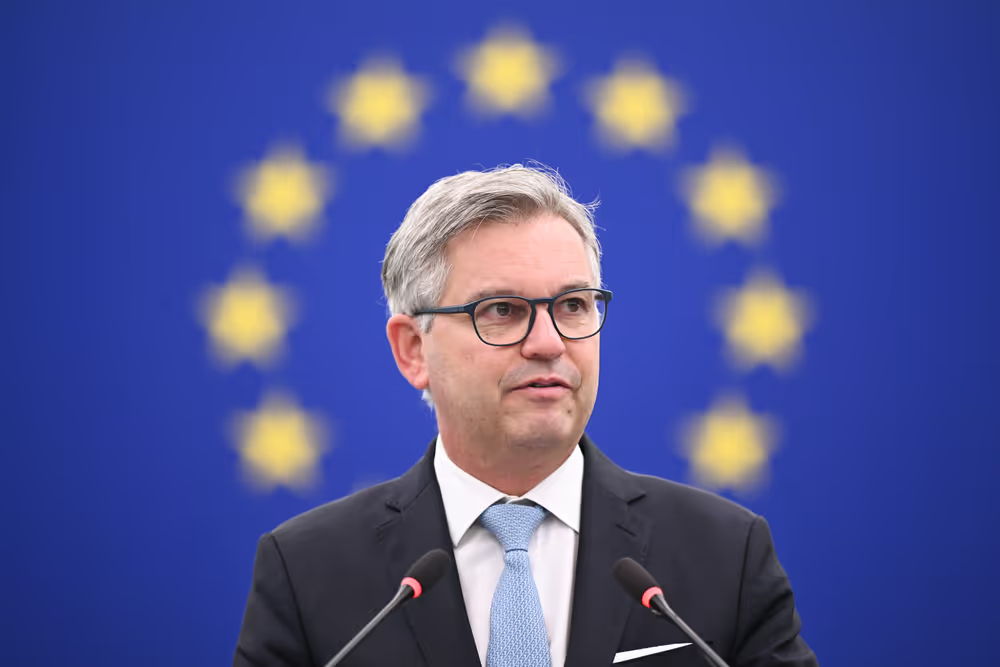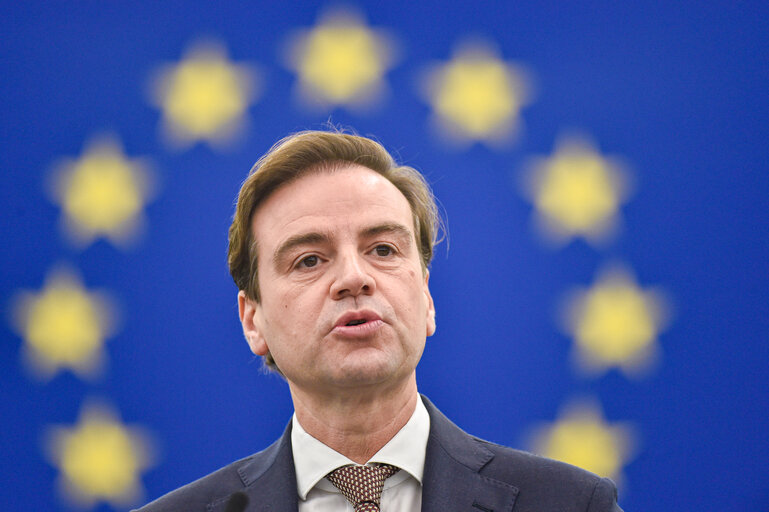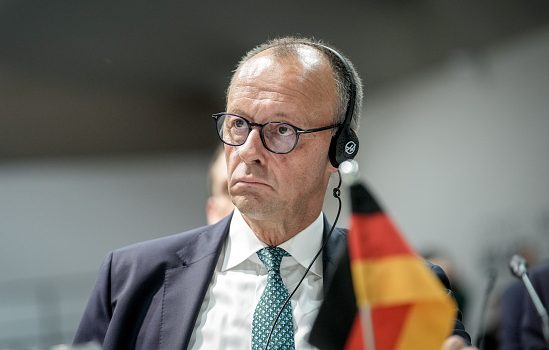Member states talk stronger Frontex, test limits on returns
Capitals are weighing how far to expand Frontex’s mandate, from managing returns abroad to boosting its border corps

Member states broadly support enhancing cooperation with third countries, the note shows, including exploring legal options to let Frontex organise “returns from third countries to other third countries” – for example, sending migrants from a transit state back to their country of origin or to another country where they can seek protection.
Some governments have also floated giving Frontex a supporting role in the so-called “return hubs” – offshore facilities where migrants could be transferred to other countries under the EU’s new returns proposal.
Flexibility in negotiating targeted agreements with third countries could make the agency “a more attractive partner” along migration routes, the note adds.
Standing corps and borders
Another flashpoint will be the agency’s standing corps. Von der Leyen has pledged to triple the size of the European Border and Coast Guard to 30,000 by 2027. But capitals are cautious, insisting the agency’s “future mandate and tasks” must be clarified before any expansion.
While member states agree they should retain primary responsibility for border management and return decisions, the note highlights “interest” in examining whether Frontex could take on secondary support roles within the EU’s Integrated Border Management framework. The Danish presidency has asked capitals to provide feedback.
Pressure points
Several countries argue that the current regulation does not equip Frontex to meet the requirements of the EU’s new migration pact, which enters into force next summer, nor to counter “hybrid threats” at the EU’s borders.
The debate unfolds against a fraught backdrop. Frontex has long faced criticism for overlooking rights abuses at the EU’s external borders, culminating in 2022 with the resignation of then-Executive Director Fabrice Leggeri – now an MEP – following probes into the agency’s alleged role in illegal pushbacks.
(de, cs)









